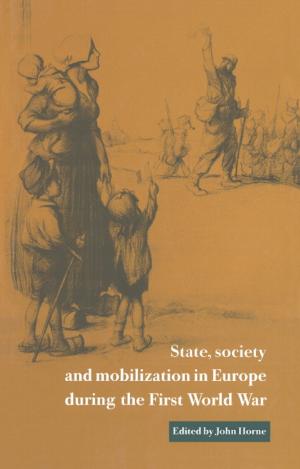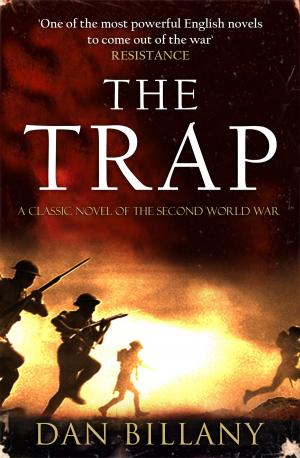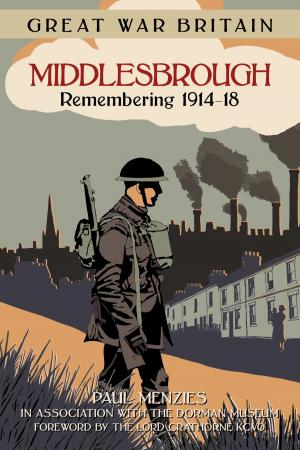| Author: | Bill Nasson | ISBN: | 9780624067207 |
| Publisher: | Media24 Books | Publication: | October 22, 2014 |
| Imprint: | Tafelberg | Language: | English |
| Author: | Bill Nasson |
| ISBN: | 9780624067207 |
| Publisher: | Media24 Books |
| Publication: | October 22, 2014 |
| Imprint: | Tafelberg |
| Language: | English |
Although World War One did not bring Zeppelin airships to threaten South Africa's skies, or invading foreign soldiers to march through its towns, its inhabitants were also drawn into one of the most bloody and shattering global conflicts of the 20th century. Renowned historian Bill Nasson explores how the complex dynamics of the crisis of war shaped the character of South African politics and the life of its fragmented and frequently turbulent society. His gripping account provides a vivid illustration of the richly varied manner in which the Union's people understood the war, experienced its pressures, responded to its opportunities, and dealt with its burdens. The consequences of the country's entry into war were often fraught and far-reaching, including the shock of a domestic Afrikaner rebellion, the swallowing of German South West Africa, decisive economic change, and wartime habits of violence which lingered on after 1918. Thoughtful, lively and witty, this is an evocative portrait of South African society in its own world of war.
Although World War One did not bring Zeppelin airships to threaten South Africa's skies, or invading foreign soldiers to march through its towns, its inhabitants were also drawn into one of the most bloody and shattering global conflicts of the 20th century. Renowned historian Bill Nasson explores how the complex dynamics of the crisis of war shaped the character of South African politics and the life of its fragmented and frequently turbulent society. His gripping account provides a vivid illustration of the richly varied manner in which the Union's people understood the war, experienced its pressures, responded to its opportunities, and dealt with its burdens. The consequences of the country's entry into war were often fraught and far-reaching, including the shock of a domestic Afrikaner rebellion, the swallowing of German South West Africa, decisive economic change, and wartime habits of violence which lingered on after 1918. Thoughtful, lively and witty, this is an evocative portrait of South African society in its own world of war.



![Cover of the book A Company Of Tanks [Illustrated Edition] by Bill Nasson](https://www.kuoky.com/images/2013/january/300x300/9781782891161-qWPj_300x.jpg)











